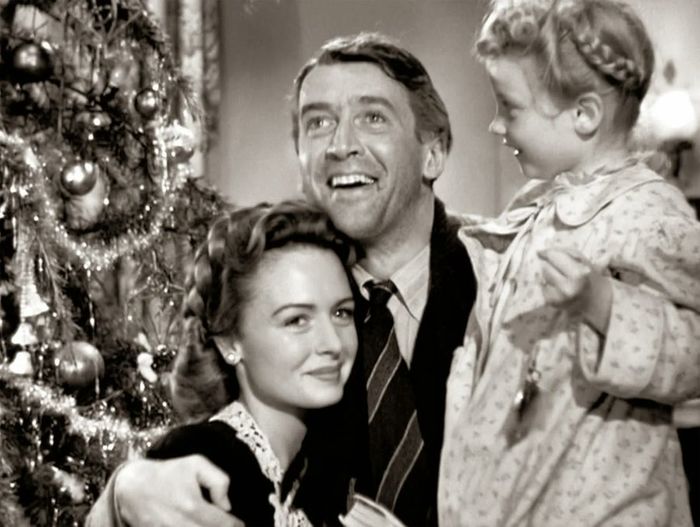‘Hilda and the Mountain King’ review
Aatqa Arham shines a light on recent animated children’s cinema, praising how ‘Hilda and the Mountain King’ employs this genre to create an aesthetically splendid tale of empathy
H ilda, originally a bestselling children’s graphic novel and adapted for a Netflix show, has received its first feature film, directed by Andy Coyle. Hilda and The Mountain King (2021) follows Hilda (Bella Ramsey) who has been turned into a stone troll in exchange for a troll baby named “Baba”. Hilda attempts to return to her human form, accompanied by the efforts of her mother and friends. However, in the process, Hilda gains a new perspective on the trolls, who live on the outskirts of “Trolberg” and are shunned by its townspeople. Although the storyline is seemingly simple, its onscreen presentation is infused with emotional and philosophical wisdom. The beauty of the genre of children’s animation, when done well, is that seemingly simple concepts, such as “taking a walk in another person’s shoes”, hold pertinent meaning.
“Its onscreen presentation is infused with emotional and philosophical wisdom”
As with any animation franchise adapted to film, it must strike the exact balance between appealing to audiences invested in the previous storylines and new viewers alike. Hilda and The Mountain King does this in a way that appeals to all audiences, as underneath its aesthetic splendour there is a deep message about empathy for others.
The film consistently encourages viewers to question the binary of good versus evil by focusing on the typically rejected group of the trolls. They are subjected to the torment of tolling bells from the town’s safety patrol, which the viewer experiences in keenly sensory scenes that focus on Hilda in her troll form. The personability of the trolls is deftly aided by their voice actors, who recreate a collection of voices you might find in any local English town centre. In turn, we come to know the trolls and feel like a part of their group, much like the protagonist herself.
There are no clear cut good or bad characters in this children’s film because they are all portrayed as nuanced individuals. We see both trolls and humans experience myriad emotions, and their conflict is a product of misunderstandings and biases rather than inherent differences. Through the central theme of estrangement, and how this manifests in various forms, the film showcases that the humans and trolls are more similar than they may believe themselves to be. I found myself reflecting on who the “trolls” of our society are, the outsiders with no way in that are caught in a trap that further alienates them.
For a viewer encountering the world of Hilda for the first time, these themes become clear from the film. However, those who are invested in the series will see a continuation of the criticism of anthropocentrism that the show has historically put forth. In our current political climate, the medium of animated film is well placed to make a definitive statement — that the world, like Trolberg, needs to change.
Hilda and The Mountain King’s tale of empathy is brought to life through its visual and aural brilliance. Luke Pearson, the artist behind the original comic books, based the series upon Scandinavian folklore, which resounds through the atmospheric illustration of the graphic novels, now translated to the screen. The animation style recreates a sense of “Hygge” through the use of muted pastels to colour the film’s natural scenery, and vibrant tones to colour the characters and town. Alongside the visual design, a score that joins ambient drones with lilting indie folk music captures the fusion of adventurous tumult with a seeped, warm tone. The film’s aesthetics hark to the styles of Steven Universe, which also had a well-received feature film in 2019, and Adventure Time, for which Pearson has storyboarded a few episodes — thus placing Hilda and The Mountain King among the giants of animated coming-of-age fantasy adventures.
“It appeals to the wish for all of us to see and live in a world based on more straightforward, caring principles”
There is an elemental desire for harmony in Hilda and The Mountain King, as it appeals to the wish for all of us to see and live in a world based on more straightforward, caring principles than ours currently is. To love our world and the creatures that inhabit it is a simple principle that we all need a reminder to strive towards optimistically — a sentiment embodied in this film.
 News / Cambridge student numbers fall amid nationwide decline14 April 2025
News / Cambridge student numbers fall amid nationwide decline14 April 2025 News / Greenwich House occupiers miss deadline to respond to University legal action15 April 2025
News / Greenwich House occupiers miss deadline to respond to University legal action15 April 2025 Comment / The Cambridge workload prioritises quantity over quality 16 April 2025
Comment / The Cambridge workload prioritises quantity over quality 16 April 2025 Lifestyle / First year, take two: returning after intermission14 April 2025
Lifestyle / First year, take two: returning after intermission14 April 2025 Sport / Cambridge celebrate clean sweep at Boat Race 202514 April 2025
Sport / Cambridge celebrate clean sweep at Boat Race 202514 April 2025





